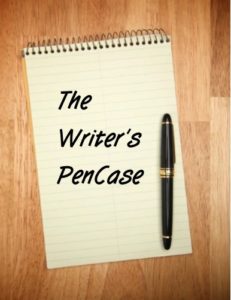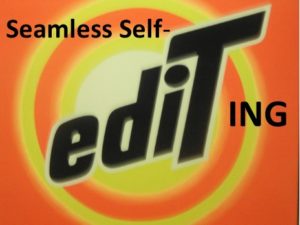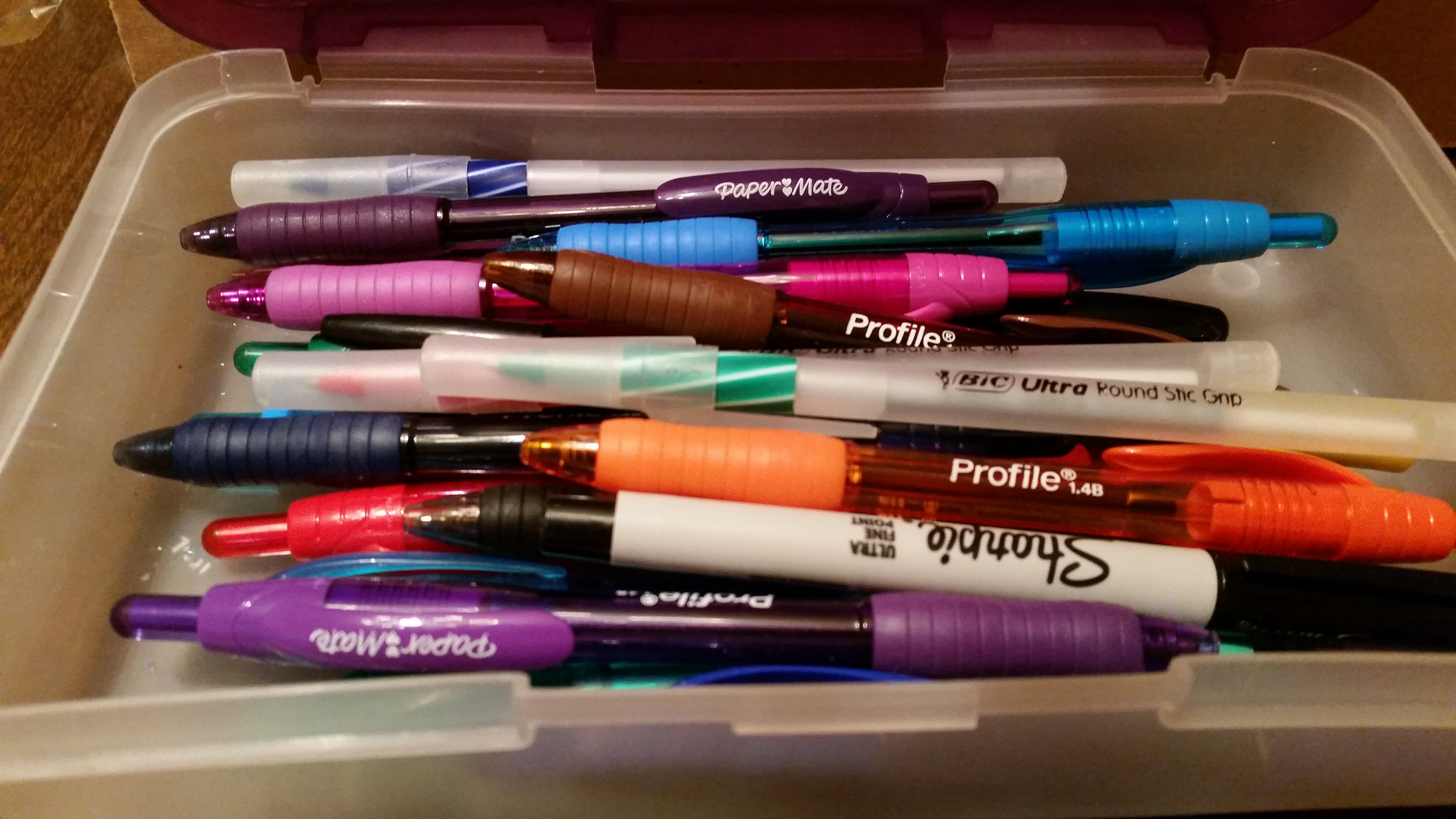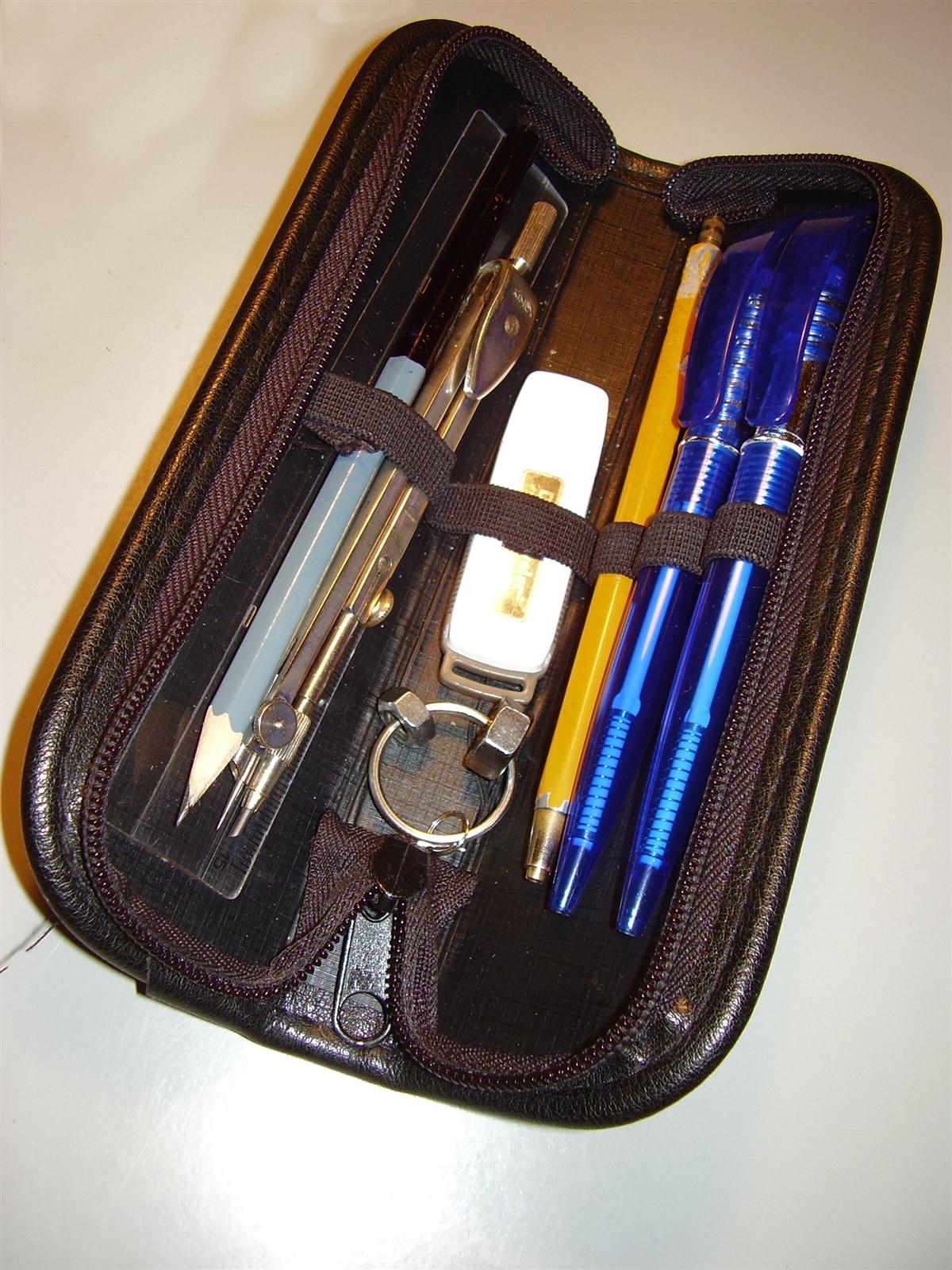 Writers write because we love to use words, but let’s face it––even though we say we write for ourselves, we all want to be published and have many others read what we’ve written, for the mutual benefit of ourselves and our readers. That’s why self-editing is important. [bctt tweet=”We must do everything we can to get our manuscripts ready for publication.” username=”@a3forme @donnalhsmith”] #amwriting #publishready
Writers write because we love to use words, but let’s face it––even though we say we write for ourselves, we all want to be published and have many others read what we’ve written, for the mutual benefit of ourselves and our readers. That’s why self-editing is important. [bctt tweet=”We must do everything we can to get our manuscripts ready for publication.” username=”@a3forme @donnalhsmith”] #amwriting #publishready
Today, we’ll look at Modifiers and Empty Phrases. This information is also taken from Andy Scheer, though it is not comprehensive. You may learn more about him and his services by going to his website, www.andyscheer.com.
Modifiers
 The Key: look for vivid, descriptive words, dynamic verbs, using the fewest number of words possible. Let’s look at some examples.
The Key: look for vivid, descriptive words, dynamic verbs, using the fewest number of words possible. Let’s look at some examples.
Example: Susie was so angry she talked on and on about seemingly nothing.
Change to: Susie ranted. Or, you could use any synonym of ranted, such as: raged, fumed, seethed, shouted, blustered, harangued, or fulminated.
Example: Dick tried to be quiet as a church mouse, even though the soles of his shoes and the door squeaked.
Change to: Dick tiptoed, though his shoes and the door squeaked.
Example: Eleanor was so nervous about everything that happened, she walked to and fro and back and forth across the room.
Change to: Eleanor paced. Or use a synonym for paced, such as: marched, strode, stridden, walked, patrolled, wandered, or stepped.
When writing your scenes, envision where the character is in the room, what they’re doing, and how they look. Use the most specific verb possible. Here’s an example.
Example: He sat against the back of the couch.
Change to: He lounged. Or a synonym for lounged.
Empty Phrases
Empty phrases can be pruned of too many words. Usually, a multi-word phrase can be trimmed to one. They’re called empty phrases, because it doesn’t add meaning. Here are some examples.
Plan of action –– plan
Thought/thinking to himself –– thought/thinking
In order to –– to
Pose a threat –– threaten
These are just a few. I’m sure you can find more as you go through your manuscript, looking at every word. Self-editing is something we do ourselves.
[bctt tweet=”The tighter our texts are, though we’ve included enough description and sensory detail, the better they’ll be. The better our manuscript is, increases our chances of being “publish-ready.” ” username=”@a3forme @donnalhsmith”]#amwriting #publishready
What about you? What are you finding in your manuscript? Has this been helpful? Leave a comment and let me know.






No Comments